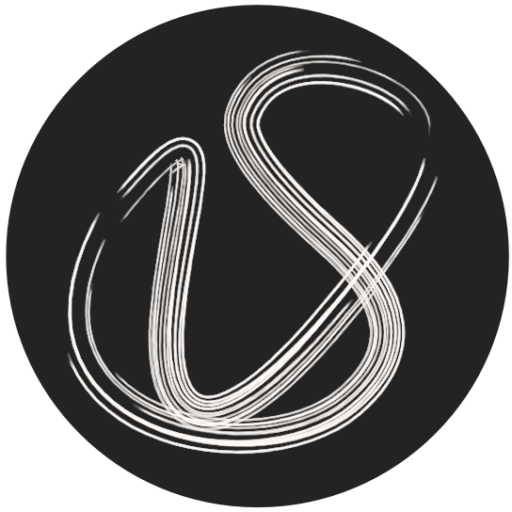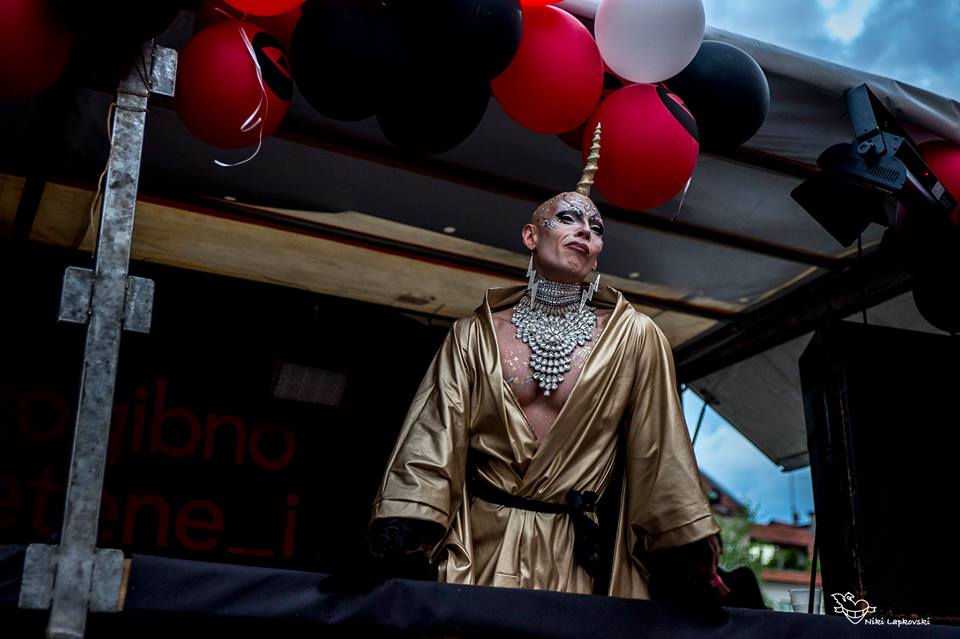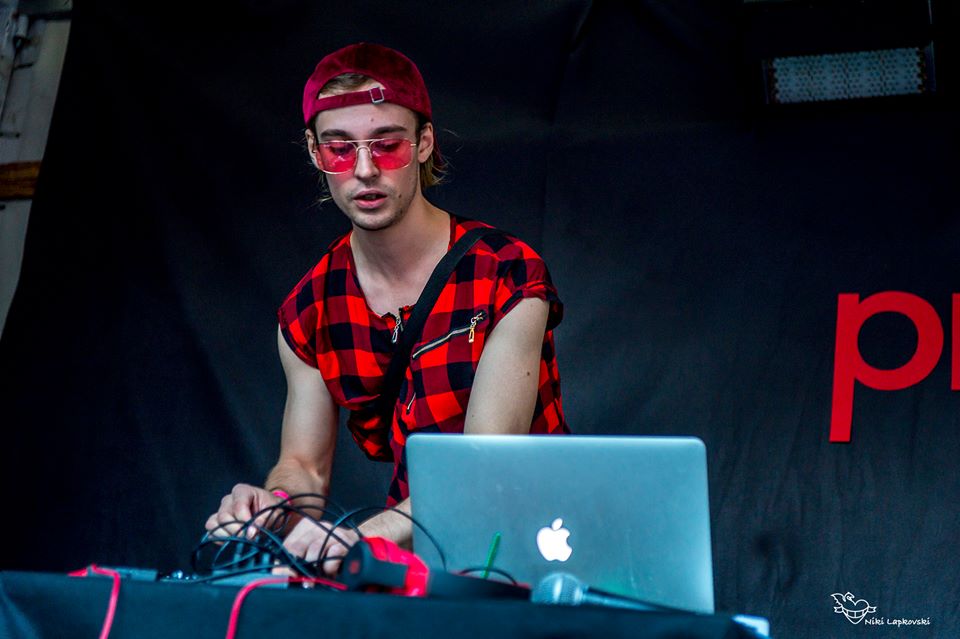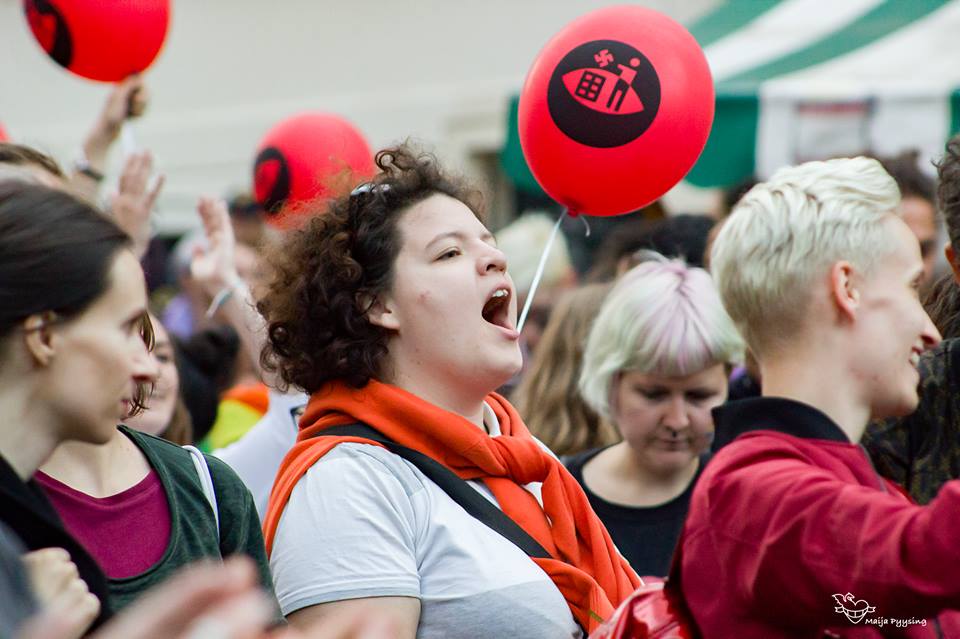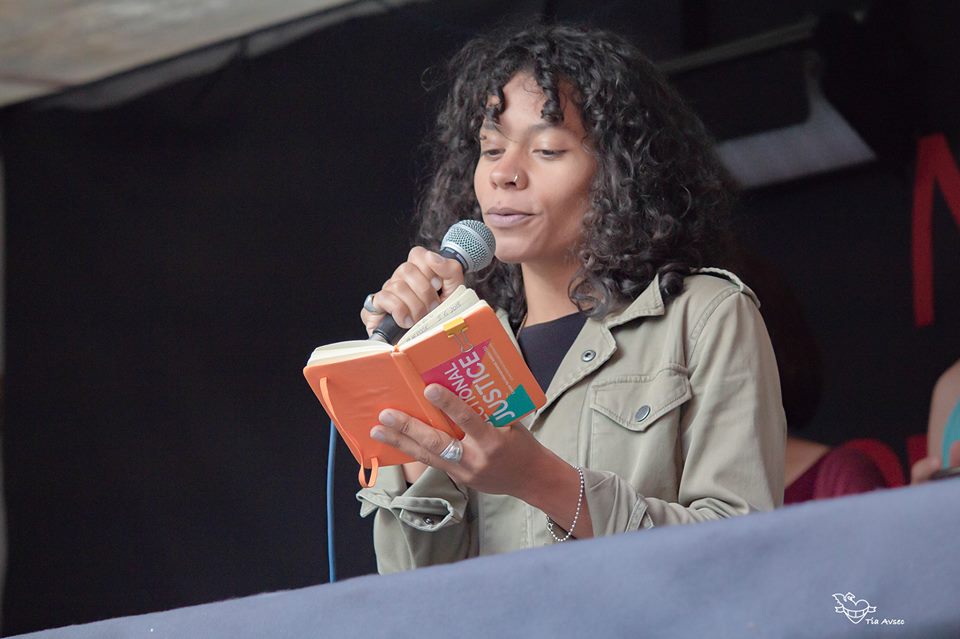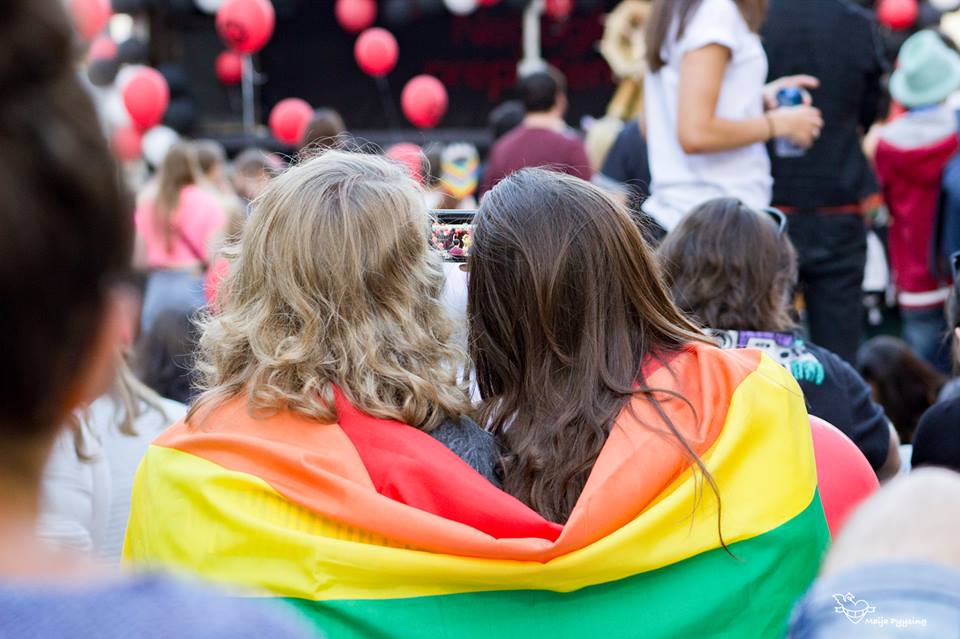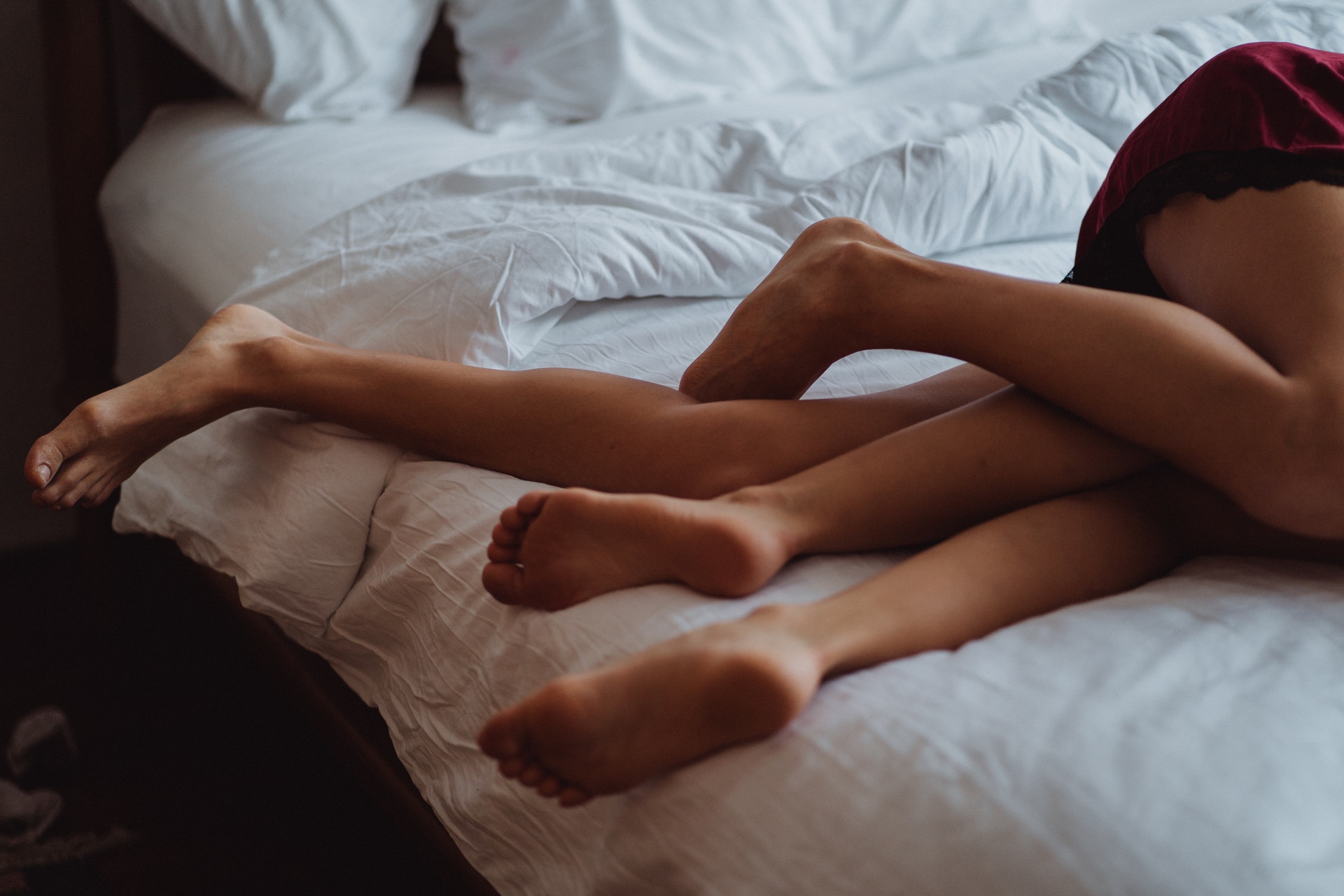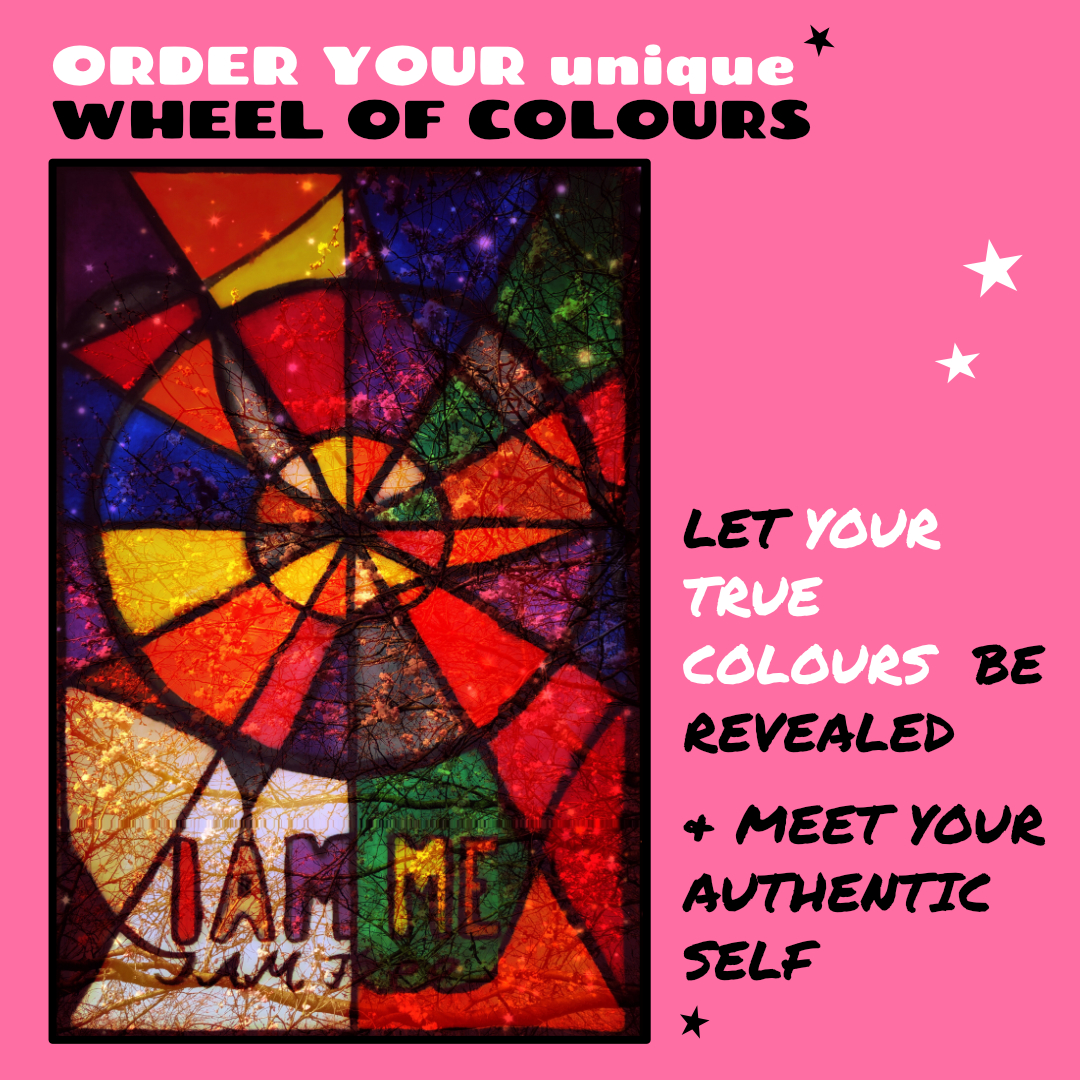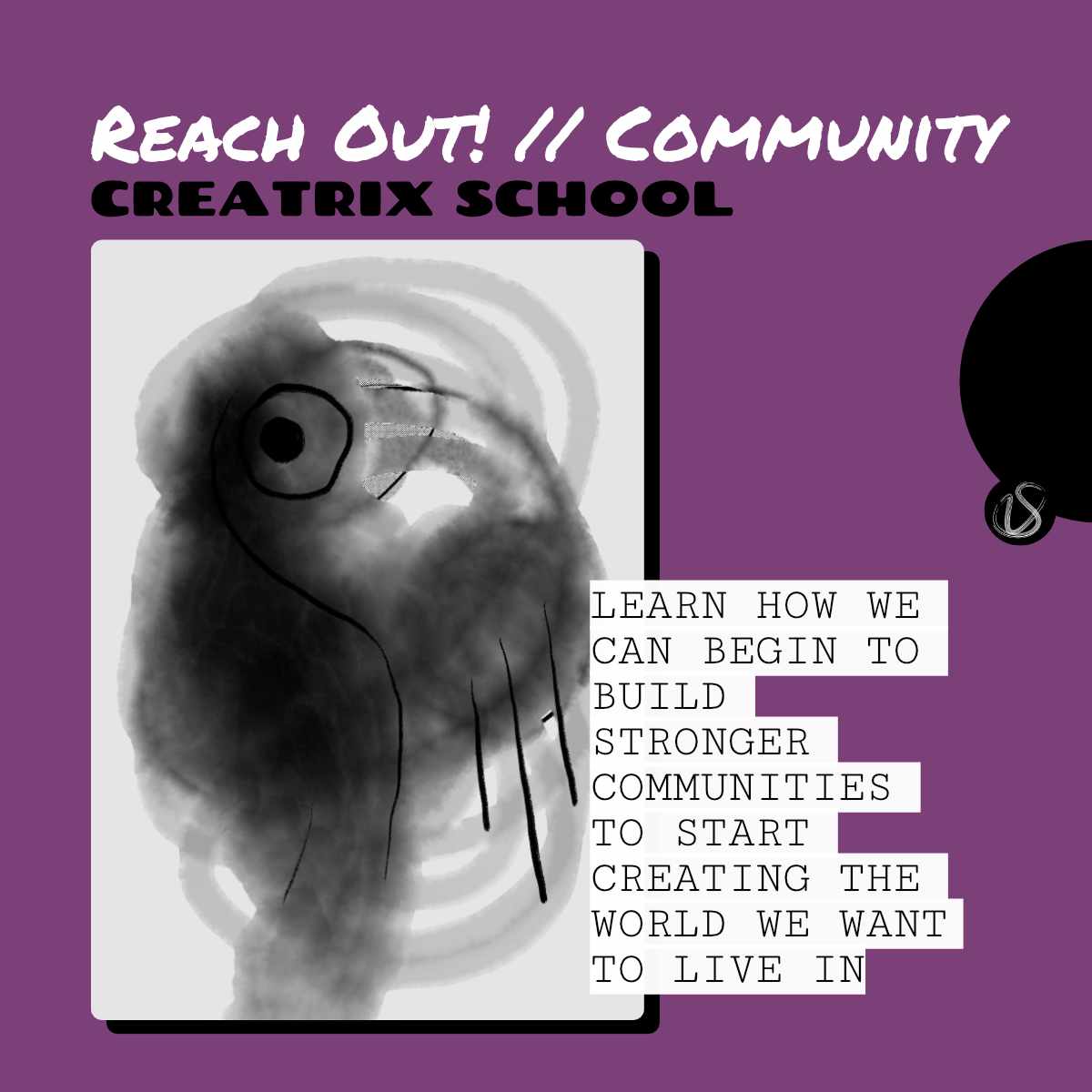Meet Jessica Lima, one of the organizers of Ljubljana Pride.
On June 28th, 1969 the Stonewall Riots kicked off a larger gay rights movement in the USA.
In 1970, the first gay pride marches took place in New York, Los Angeles, San Francisco and Chicago – today pride parades are taking place all around the world.
In 2018, I wanted to know who the people organizing today’s pride parades are, what the marches mean to them, and met wonderfully powerful, loving and kind people from places, which might not be the first ones that come to mind, when we think of queer love.
See all Faces of Pride.
What’s your name and age?
My name is Jessica Lima, and I’m 25.
Since when have you been involved with Ljubljana Pride?
I’ve been involved with Ljubljana Pride since 2016.
Why do you think Ljubljana Pride is important?
Ljubljana Pride is important because more than a parade, we are an association that is very much politically active throughout the year: we also organise workshops, international trainings, fundraisers, and other activities related to youth work, even though our most visible event is the parade within the Pride festival, in which we also host debates, roundtables, workshops, etc…
Since we position ourselves as an anti-racist and antifa organisation that is always very present in our work, meaning that we very openly make clear we are not a typical white, cis-gay commercial Pride.
Because of the exposure the Pride parade and festival get (in comparison with other events), we get to gather a lot of attention to the topics that seem, to us, as the most relevant for the LGBTIQ+ community. There’s a lot of power in that. For example, ever since I joined, I can tell there has always been a very clear topic we’re targeting throughout the entire festival, and it feels amazing being able to tell people ”listen, this matters and we’re here to show why”.
What is one (or two) remarkable thing(s) that has/have happened at Ljubljana Pride?
The most remarkable thing would be 2018’s Ljubljana Pride parade, in which we gathered between 2500 and 3000 people. This is quite an achievement for us because not only is Slovenia is a very small country, as we also often face reproach and criticism from within the LGBTIQ+ community for having such a political and activist-like Pride festival and parade.
Despite these challenges, and with a lot of our own sweat and work, not only did we managed to pull off a festival in which we didn’t compromise our political message, on top of that we also managed to make the biggest Pride parade in Slovenia so far!
What do you do when you are not organizing Ljubljana Pride?
When I’m not organising Pride, I’m working – I have two part time jobs, and do Pride as volunteer on my scarce free time. I feel that I work to have the possibility to dedicate myself to what is really my passion: LGBTIQ+ and feminist activism, hence, Pride.
What do you like to do in your free time?
In my free time, besides Pride, I am also part of a feminist choir and one queer-feminist collective (Rdeče Zore).
Is there something you would like to say to the rest of the LGBT+ community?
It’s time we work together, and that we work through/despite our differences. It’s important to stay true to our political goals, but we need to be able to compromise and be able to come together as a community and do the work that needs to be done: educate, raise awareness, organise & mobilise, etc. Our egos cannot stay in the way of our work.
But also – keep Pride political, do not forget the legacy of Stonewall, honour those who enabled us to be fighting out and proudly. Lastly: it’s not that Pride is about love, Pride is about basic human rights being respected.
When we engage in affirmations such as ”love is love” we’re actually giving power to the mainstream society to respect us out of sympathy, not out of the strong belief that everyone should have the same rights. I feel that always needs to be said.
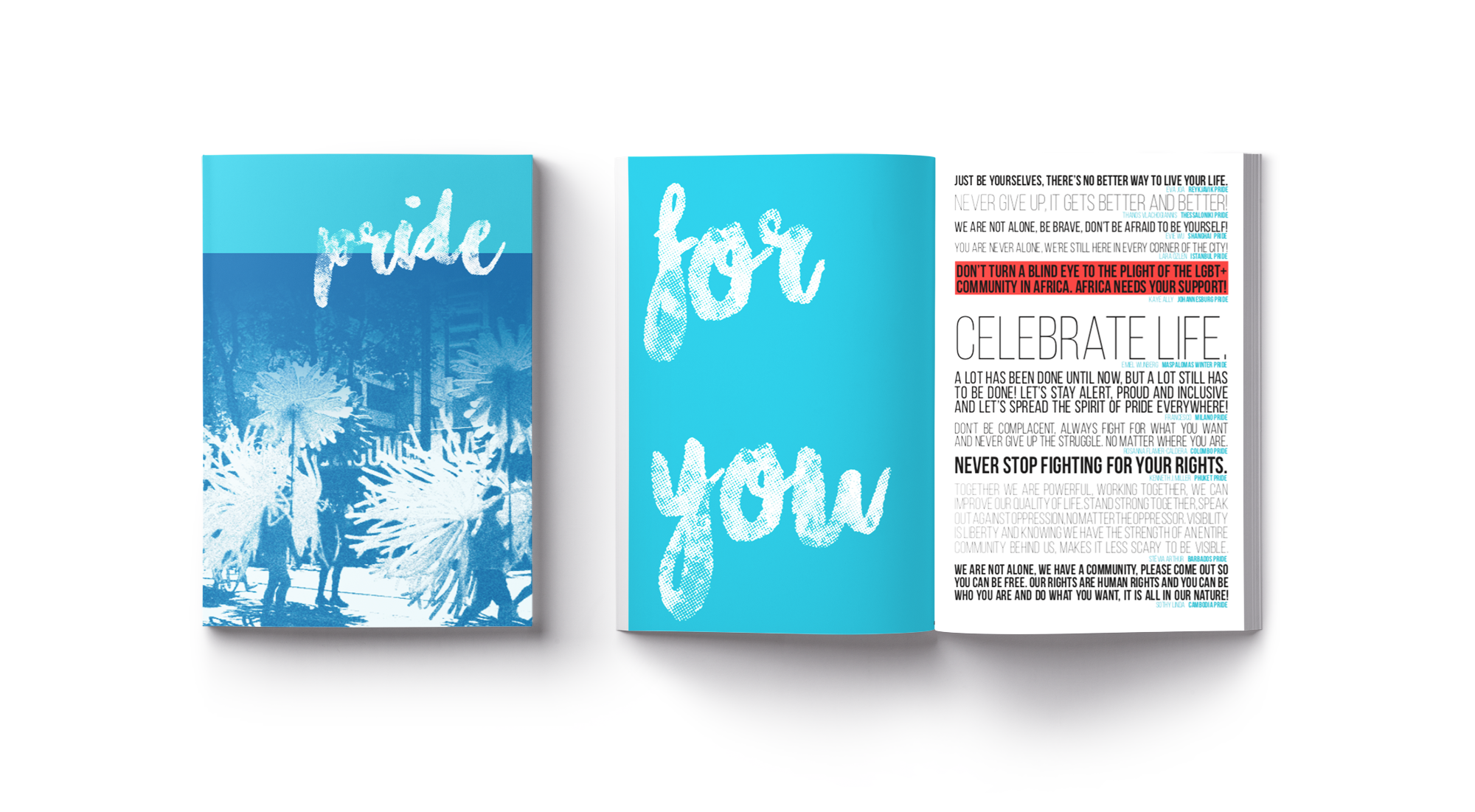
DOWNLOAD FREE PRIDE ZINE
[convertkit form=3372792]
Not different, just love
How do you feel when it comes to dealing with our emotions, expectations and responsibilities, around coming out, living as a LGBTIQ+ person and when it comes to our families and love in general?
